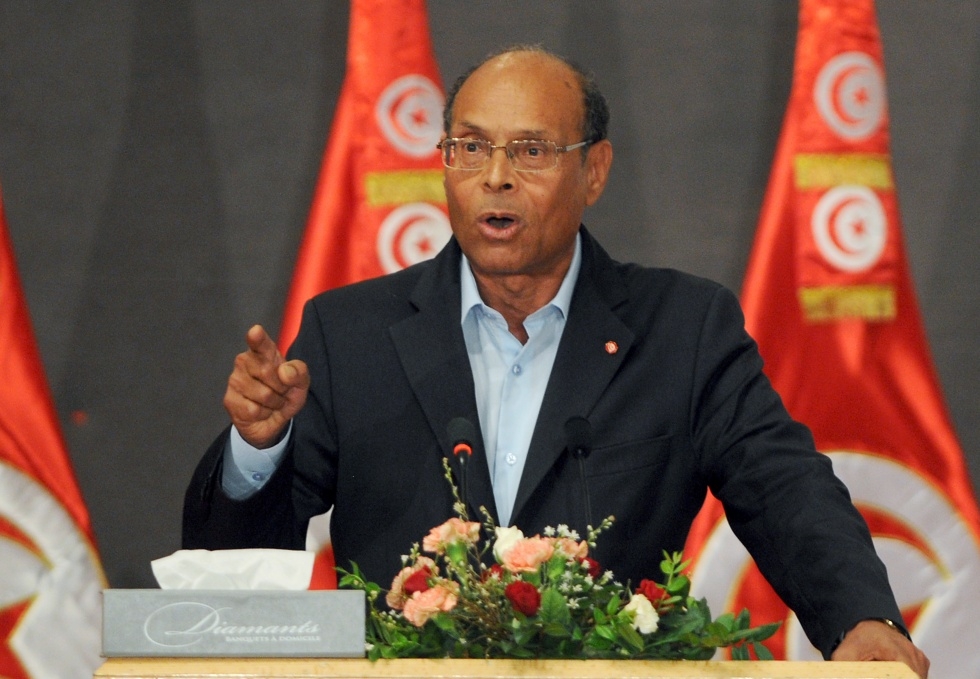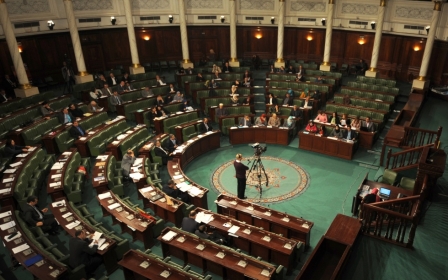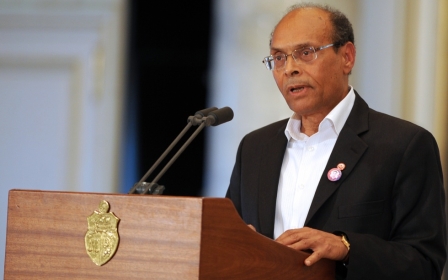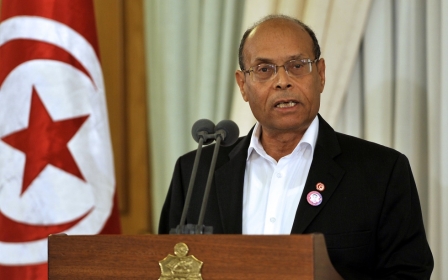Tunisian polls to be held in November

Tunisia could hold legislative and presidential elections in November, the chairman of the electoral commission said on Friday.
"In principle, the first round could take place in November, if they [both elections] are at the same time, with a second round in December," Chafik Sarsar told Express FM radio.
He had earlier told AFP that he is “absolutely” convinced that elections will take place before the year’s end.
The announcement comes a day after parliament adopted a law to organise the polls.
The law, which will allow those connected to former President Ben Ali’s regime to run for office, was passed by just one vote on Thursday.
New MEE newsletter: Jerusalem Dispatch
Sign up to get the latest insights and analysis on Israel-Palestine, alongside Turkey Unpacked and other MEE newsletters
The planned elections aim to create permanent institutions in the country that spawned the Arab Spring in 2011, but which remains plagued by prolonged political crises and social conflict.
Tunisia’s parliament looks forwards to elections amid intensifying political wrangling that has seen the President lose one of his closest advisors.
'Black Book'
Meanwhile, Tunisian Presidential sources announced on Friday that President Moncef Marzouki was accepting the official resignation of Aziz Krichen, one of his advisors.
Krichen clashed publicly last December with the President over Marzouki’s publication of a book titled, The Propaganda Apparatus Under Ben Ali: The Black Book.
Krichen is the latest in a string of political advisors to depart from President Marzouki’s camp in recent months.
Popularly known simply as The Black Book, it names journalists, academics, TV channels and others alleged to have been on the payroll of Ben Ali dictatorial regime.
Marzouki said that making the names public was an important step in the transition towards democracy, especially since many of the journalists are still working in the media field.
The book aimed to shed light on the propaganda techniques of the former regime, and to expose those journalists whom Marzouki accused of continuing to represent the old guard ousted in January 2011.
Shortly after the The Black Book was circulated, Krichen dubbed its publication as a “grave political error”. The book is based on information gleaned from the former Ben Ali's archives.
Middle East Eye delivers independent and unrivalled coverage and analysis of the Middle East, North Africa and beyond. To learn more about republishing this content and the associated fees, please fill out this form. More about MEE can be found here.




